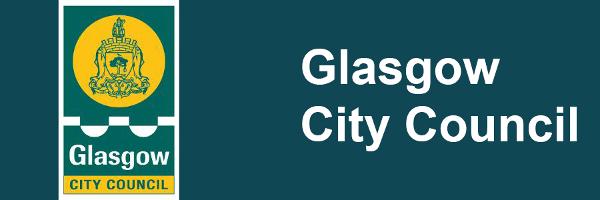Appropriate Adult Service
The service is managed and run by Glasgow City Council who provide Appropriate Adults and the emergency social work service for Glasgow City, West Dunbartonshire, East Dunbartonshire, Renfrewshire, East Renfrewshire and Inverclyde Councils.
Appropriate Adults can be requested by Police Scotland, British Transport Police, The Civil Nuclear Constabulary, HMRC, HM Revenue and Customs and The Immigration Service. An Appropriate Adult can be arranged by phoning: 0300 343 1505 and choosing option 3.
What is an Appropriate Adult?
An Appropriate Adult's principal role is to provide communication support, mainly in police interviews, to people over 16 who have a mental disorder as defined by the Mental Health (Care and Treatment) (Scotland) Act 2003.
These include:
- mental health problems
- learning disability
- autism / ADHD
- dementia
- acquired brain injury
Appropriate Adults are provided mainly at the request of Police Scotland for people who are being interviewed as witnesses, suspects and accused and who are believed to have a mental disorder as noted above.
Appropriate Adults can also support people who meet the criteria who are involved in other procedures with the police such as medical examinations, searches and identification parades, also know as VIPER.
Appropriate Adults do not provide support to people in court as this is not a requirement of the legislation.
Only people trained and approved as Appropriate Adults can undertake the role. Appropriate Adults cannot undertake the role for anyone under 16 years of age.
Section 42 of the Criminal Justice (Scotland) Act 2016 requires that the police and the agencies listed facilitate the provision of communication support for vulnerable adults in police custody.
What are the roles and responsibilities of Appropriate Adults?
Appropriate adults will:
- facilitate communication between the person and the police officers conducting the interview
- provide support and reassurance to the person being interviewed
- help to ensure that the person understands and continues to understand why they are being interviewed
- help ensure that the person understands the questions being put to them
- ensure that the person fully understands their rights as explained to them by the police and that they continue to understand them throughout the interview - especially important if the person is the accused or suspected of a crime. A solicitor requires to be present for such interviews
- prompt the suspension of an interview in a manner agreed in advance with the interviewing officers if they feel the interviewee requires a break or to discuss any concerns, they have regarding the welfare of the person
- consider the environment and recommend changes which might enhance communication
- provide the police with a concise and focused statement at the conclusion of the interview which includes relevant information relating to their role and any concerns they have regarding the conduct of the interview.
Appropriate Adults will not:
- advise the interviewee whether or how to answer questions and will not lead the person in any way
- object to questions being asked except for the purpose of facilitating communication between the police and the person
- tell the police that they think that a particular line of questioning is unfair
- be left alone with the person by the police
- be present during the discussion between the person and their solicitor.
When might an Appropriate Adult be required?
It is for the police or referring agency to decide if an Appropriate Adult is required. If police or referring agency are not sure whether a person has a mental disorder, a suspicion that they may require an Appropriate Adult could be triggered by:
- excessive anxiety
- unusual mood level such as tearfulness or euphoria
- incoherence not solely drug or alcohol induced
- inability to understand or answer questions
- unusual behaviour traits
- agitation leading to physical activity not in keeping with the situation
- other signs of disorder
- it may have been noted that they have previously required an appropriate adult when attending at a police station.
Where there is no other information available, it may be that the investigating officer will be able to confirm the person's needs by asking them simple questions such as which school they attended, whether they attend a day centre or live in supported accommodation; what medication they take or whether they have any diagnosed mental illness. Carers will also be able to provide relevant information.
Where the investigating officer has any doubts as to whether the person is fit to be interviewed as a result of their disorder, they must arrange for the person to be medically examined by a police surgeon.
Concerns following an interview
If police or referring agencies have any concerns about the vulnerability of the person after the interview they should make a referral to the local social work office where the person lives Monday to Friday (09:00am to 5pm) or, outwith office hours including weekends and public holidays, they should contact Glasgow and Partners Social Work Emergency Service Out of Hours on 0300 343 1505.




